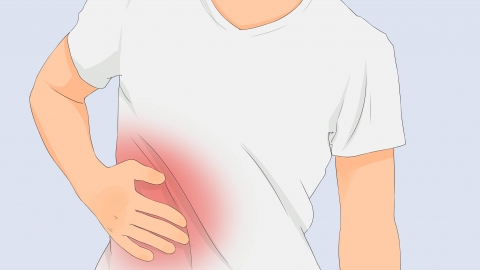Do gallstones cause pain?
Generally, whether gallstones cause pain depends on the condition of the stones. Pain typically does not occur when the stones do not block the bile ducts or cause irritation; however, pain may arise if the stones obstruct the bile ducts or irritate the gallbladder. The details are as follows:

If gallstones are small in size and remain in a stable position without blocking the bile ducts or significantly irritating the gallbladder wall, patients usually experience no pain. These cases are often discovered incidentally during routine health checkups, with no obvious discomfort in daily life. Regular monitoring of stone changes is sufficient.
If gallstones move and block the cystic duct or bile ducts, or stimulate the gallbladder wall causing inflammation, severe pain in the upper right abdomen may occur. The pain can radiate to the shoulder and back, and may be accompanied by symptoms such as nausea and vomiting. This type of pain is often triggered after consuming greasy foods and can last from several minutes to hours, requiring prompt measures for relief.
In daily care, patients with gallstones should maintain a light diet, avoid high-fat and high-cholesterol foods, and reduce potential triggers for pain. It is also important to maintain regular eating habits, avoid overeating, and undergo periodic imaging examinations to monitor the status of the stones.






